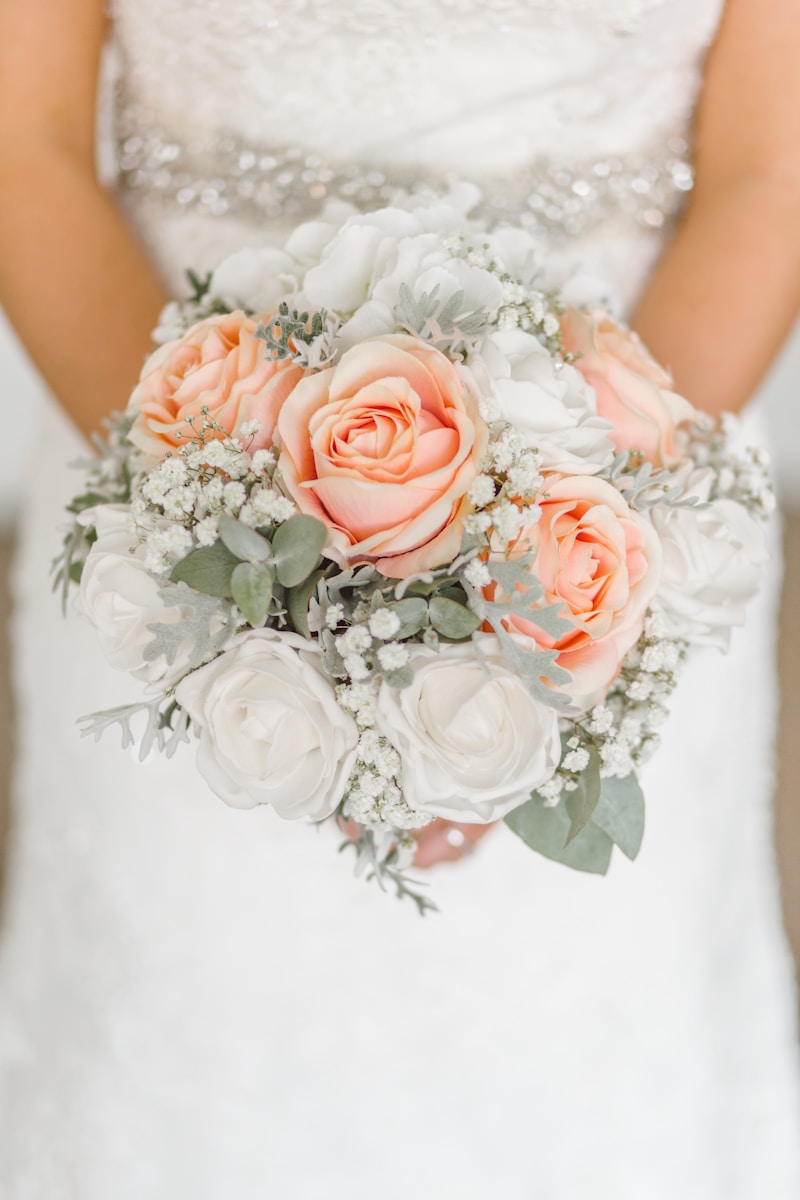Exploring the Fascinating Regional Variations of Traditional Weddings
Weddings are more than just a union between two individuals; they are a showcase of culture, tradition, and community. Across the globe, traditional weddings take various forms, influenced by regional customs, local histories, and societal norms. In this article, we delve into the regional variations of traditional weddings, highlighting distinct practices, rituals, and beliefs that make each wedding unique. We will also address commonly searched questions related to this topic, offering readers a comprehensive understanding of the diverse matrimonial landscapes.
The Significance of Traditional Weddings
Traditional weddings are significant for many reasons. They serve as key cultural events that strengthen community ties, preserve heritage, and establish familial bonds. Often, traditional weddings are steeped in rituals that have been passed down through generations, making them a celebration of shared identity and values. As such, understanding the regional variations of these ceremonious events can provide valuable insights into a culture's social fabric.
Regional Variations of Traditional Weddings
| Region | Traditional Wedding Features | Key Rituals |
| India | Lavish celebrations, vibrant attire, intricate rituals | Mehendi, Saptapadi, and the Bidaai ceremony |
| Japan | minimalist elegance, Shinto rituals | Kagami-wari, San-san-kudo |
| Mexico | Colorful decorations, Mariachi music | La Hora Loca, Lazo ceremony |
| Ghana | Community involvement, traditional garments | Knocking on the door, exchanging gifts |
| Italy | Family-centered, culinary delights | La Tarantella, exchanging vows in a church |
1. Indian Weddings: A Festive Extravaganza
The Indian wedding is known for its grandeur and multifaceted rituals. Celebrating diversity, each community within India possesses unique traditions. For instance, in Hindu weddings, vibrant attire, such as the bride's red saree adorned with intricate embroidery, is a hallmark. Essential rituals include the Mehendi, where henna is applied to the bride's hands, and the Saptapadi, where the couple takes seven vows while walking around a sacred fire. The Bidaai ceremony, which signifies the bride's departure from her parental home, often elicits deep emotions.
2. Japanese Weddings: Serenity and Ritual
In Japan, traditional weddings reflect a sense of peace and minimalism. Ceremonies often take place in Shinto shrines, showcasing rituals like Kagami-wari, where a sake barrel is opened to symbolize harmony and happiness. The San-san-kudo ceremony involves the couple taking three sips from three cups, signifying the joining of their families. Japanese weddings tend to focus on the couple's union and the importance of family, offering a serene yet profound experience.
3. Mexican Weddings: A Celebration of Life
Mexican weddings are vibrant and festive, filled with colorful decorations and lively music from Mariachi bands. A unique feature is La Hora Loca—"The Crazy Hour"—where the celebration intensifies with energetic dances. The Lazo ceremony involves the couple being wrapped in a lasso to symbolize their unity. These weddings often highlight family, love, and joyous celebration, making them memorable experiences for everyone involved.
4. Ghanaian Weddings: A Communal Affair
In Ghana, traditional weddings are community-oriented events that honor various familial ties. One key ritual is "Knocking on the Door," where the groom's family formally asks the bride's family for her hand in marriage. The exchange of gifts during this ceremony signifies respect and appreciation between families. Traditional garments, such as the kente cloth, add to the rich tapestry of Ghanaian weddings, showcasing national pride and cultural identity.
5. Italian Weddings: Family and Culinary Traditions
Italian weddings are often characterized by their strong family-centric values and exquisite culinary delights. Couples traditionally exchange vows in beautiful churches, followed by a lively reception filled with delicious Italian dishes. The La Tarantella dance is popular, symbolizing joyous celebration. Italian weddings highlight the importance of family, showcasing how deeply woven cultural traditions impact the ceremony.

Frequently Asked Questions About Regional Variations of Traditional Weddings
What are some common elements in traditional weddings worldwide?
While every culture has unique practices, several common elements can be found across traditional weddings, including the presence of family, the exchange of vows, and often, a celebratory feast. Additionally, many weddings involve specific rituals intended to symbolize the couple's commitment to each other and their families.
How do regional variations reflect local cultures?
Regional variations of traditional weddings often reflect the underlying values and beliefs of a community. For example, weddings in individualistic societies may focus more on the couple, while collectivist cultures emphasize familial and community ties. Thus, these ceremonies often act as a mirror of societal norms, traditions, and cultural heritage.
Are traditional weddings still relevant in modern societies?
Yes, traditional weddings remain relevant in modern societies, serving as a bridge between heritage and contemporary life. Many couples today blend traditional practices with modern elements, creating unique ceremonies that honor their backgrounds while incorporating personal preferences. This blend often enriches the experience, making traditional weddings a vital part of cultural expression.
What challenges do traditional weddings face today?
As globalization spreads, traditional weddings face challenges like cultural dilution and the influence of western trends. Many couples may prioritize convenience over tradition, leading to a shift in how weddings are celebrated. Nevertheless, efforts to preserve cultural heritage, through community events and education, continue to bolster the significance of traditional weddings in various societies.
Conclusion
Regional variations of traditional weddings encapsulate the rich diversity of cultural practices around the globe. Each wedding reflects its unique history, societal norms, and communal values, offering insights into the distinct characteristics of different cultures. By appreciating and understanding these variations, we celebrate not only love and commitment but also the traditions that bind us as communities. As couples navigate their wedding planning, embracing cultural practices and adding personal touches can create meaningful celebrations that honor the past while looking forward to the future.
In summary, exploring the regional variations of traditional weddings is a journey filled with rich stories, profound symbols, and cherished memories. Whether you're planning a wedding or simply interested in cultural practices, recognizing the significance of traditional elements can enhance your appreciation for the diverse world of matrimony.